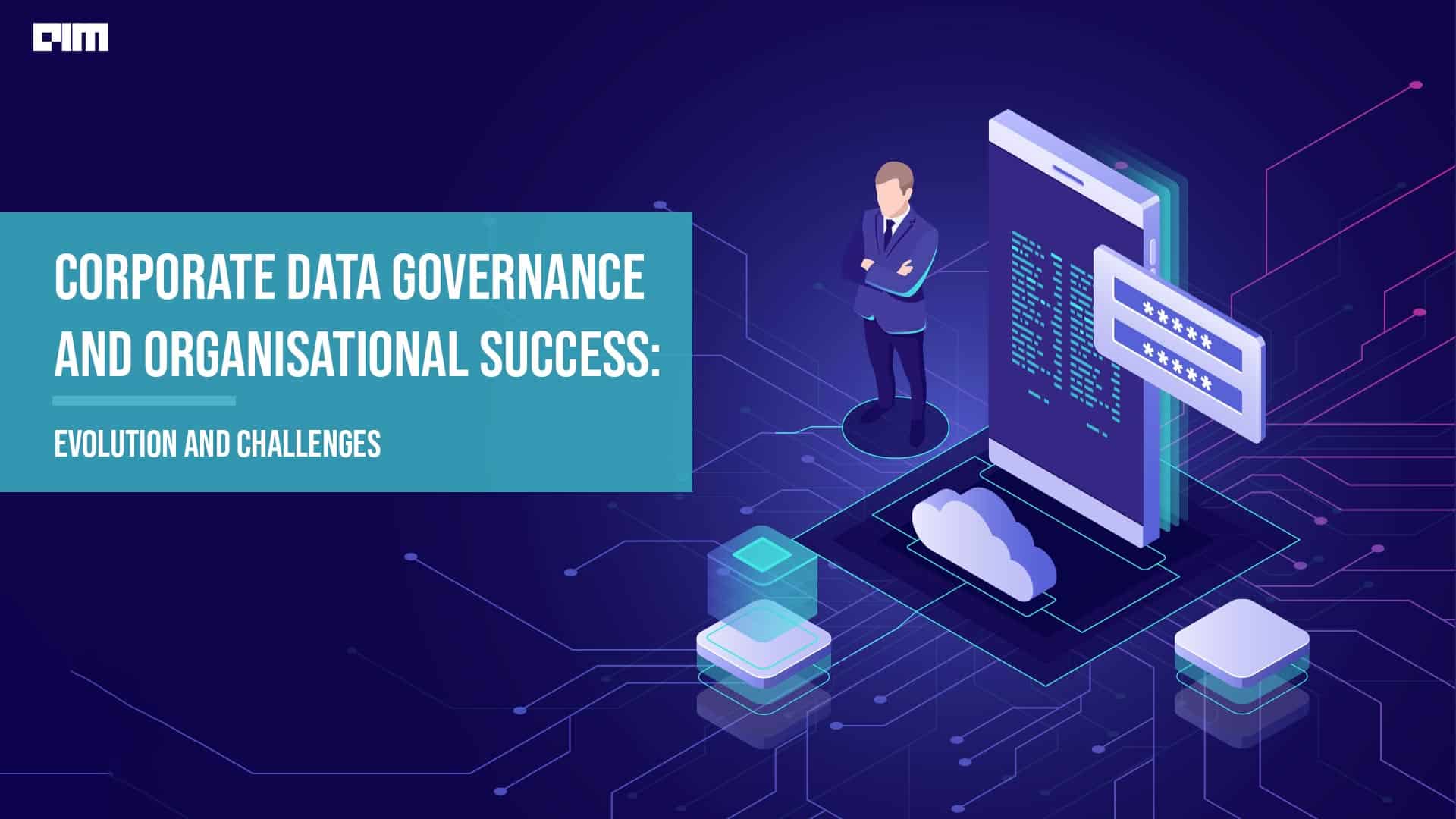For decades, “governance” has been recognised as one of the most critical themes in organisations. From a corporate governance perspective, assets that need to be protected are physical, intellectual property, financial assets, human resources, and reputation.
Data is considered one of the assets that organisations must protect through an excellent corporate governance framework. Organisations need to ensure that procedures and practices are in place to assess, direct, monitor, and protect data and related infrastructure for the value data provides to a corporation and its stakeholders.
Over the years, practitioners and scholars have discussed and developed several theories and practical approaches to protecting shareholder value, resolving management problems, and monitoring costs. Good data governance frameworks should align with corporate governance objectives that maintain and strengthen an organisation’s economic performance and market integrity.
Data governance impacts an organisation’s performance by influencing the data quality used for financial reporting and placing a data control environment as an internal governance mechanism. Along with direction provided to personnel in the form of policy, establishing decision structures, along with accountability, are important aspects of data governance.
In organisations, the board of directors is the central governance mechanism. It is usually entrusted with exercising critical judgement in determining the company’s goals, strategy, setting policies for achieving those goals, as well as monitoring progress.
Similarly, a chief data officer (CDO), who holds an executive position in the company and is an internal director on the board, can maximise the benefits of data, just like a chief information officer (CIO). It is common for organisations with a CDO to formalise the governance of data through the function called data governance. This provides directions for the right decisions to be made.
Compared to the more recent concept of data governance, IT governance evolved from the original idea of corporate governance. Incorrect and non-managed data can cost companies billions of dollars. According to a survey by research firm Gartner, “Organisations believe poor data quality is responsible for an average $15 million per year in losses.”
An IBM survey found that in the US alone, businesses lose $3.1 trillion annually due to poor data quality. These costs include financial losses, productivity losses, missed opportunities, and reputational damage.
Back in time, the need to govern data started in the 1970s as data and information were identified to have economies of scale for organisations. The problem that supports the evolution of data governance doesn’t stop there but can cascade into provisioning for contingencies associated with reputational and regulatory risks.
Moreover, data can broadly impact multiple functions in an organisation, including marketing, pricing, accounting, organisational behaviour, corporate law, ethics, operations, and information technology. As data-related technologies, such as big data and generative AI, become more prevalent, managing data can result in better decisions, reduced costs, and increased customer loyalty.
Therefore, organisations need to ensure that their data is actively managed and governed to protect their business interests.
Data governance frameworks have evolved in practice over the past fifteen years with significant contributions to literature from professional bodies like DAMA, EDM Council and IQ International. Developed in 2007, the basic data framework focuses on defining roles, responsibilities, and accountability, as well as organisational bodies’ policies, standards, and processes.
The further evolution of data governance takes into account specific roles like sponsor, data quality board, business data steward, technical data steward, as well as the assignment of their responsibilities.
Moreover, it’s understood that the organisations operate in different market and internal conditions, and the same framework to manage and govern data cannot be applied to all organisations. This gave rise to the evolution of contingency-based data governance frameworks. The contingency factors are based on value pairs centralised or decentralised and hierarchical or cooperative models.
The next significant standardisation is the definition of decision domains (e.g., principles, data quality, metadata, data access, and data life-cycle). These domains provide the basis for a shared understanding of the data and its usage and are essential for the successful implementation of data governance and data management practices.
Standardisation of these domains allows for improved clarity and consistency when making decisions related to data. The framework has been extended to the principles of data privacy and data sharing. A framework has emerged for dealing with external social factors that influence data governance arrangements.
For extended economic and shareholder benefits, data governance is increasingly aligned with corporate governance, sustainability, and ESG.
A new science of corporate data governance is emerging in organisations today. Here, the focus is on understanding the impact of data governance on corporate performance, corporate governance, and sustainability and on developing approaches to manage data risks and compliance. It also provides guidance on how to improve data governance for competitive advantage. Finally, it helps organisations build trust with their customers, investors, and other stakeholders.
In principle, corporate data governance differs from regular data governance. By corporate governance objectives, data governance frameworks should contribute to market integrity and economic performance. To determine whether the internal data control environment is effective, the corporate data governance framework prioritises value.
For the enterprise and its stakeholders, the framework must enable organisations to assess, direct, monitor, and protect data and related infrastructure. The direction provided by corporate data governance can be different in scale and objectives from a generic data governance framework tailored to large corporations.











































































